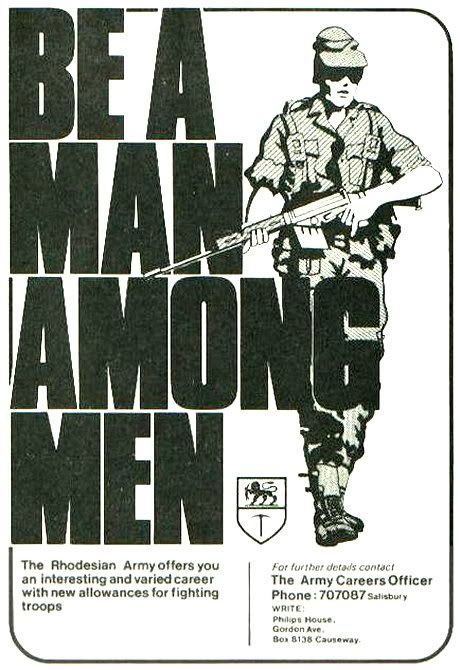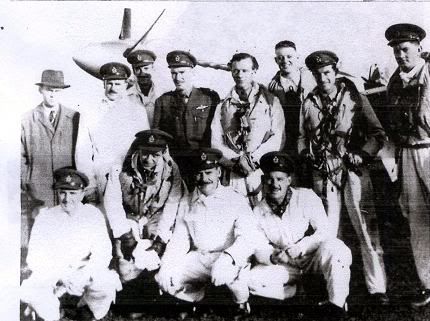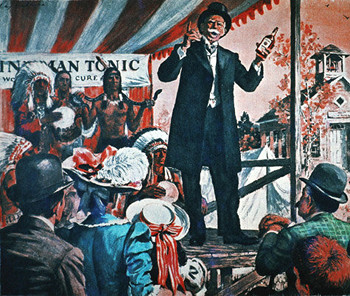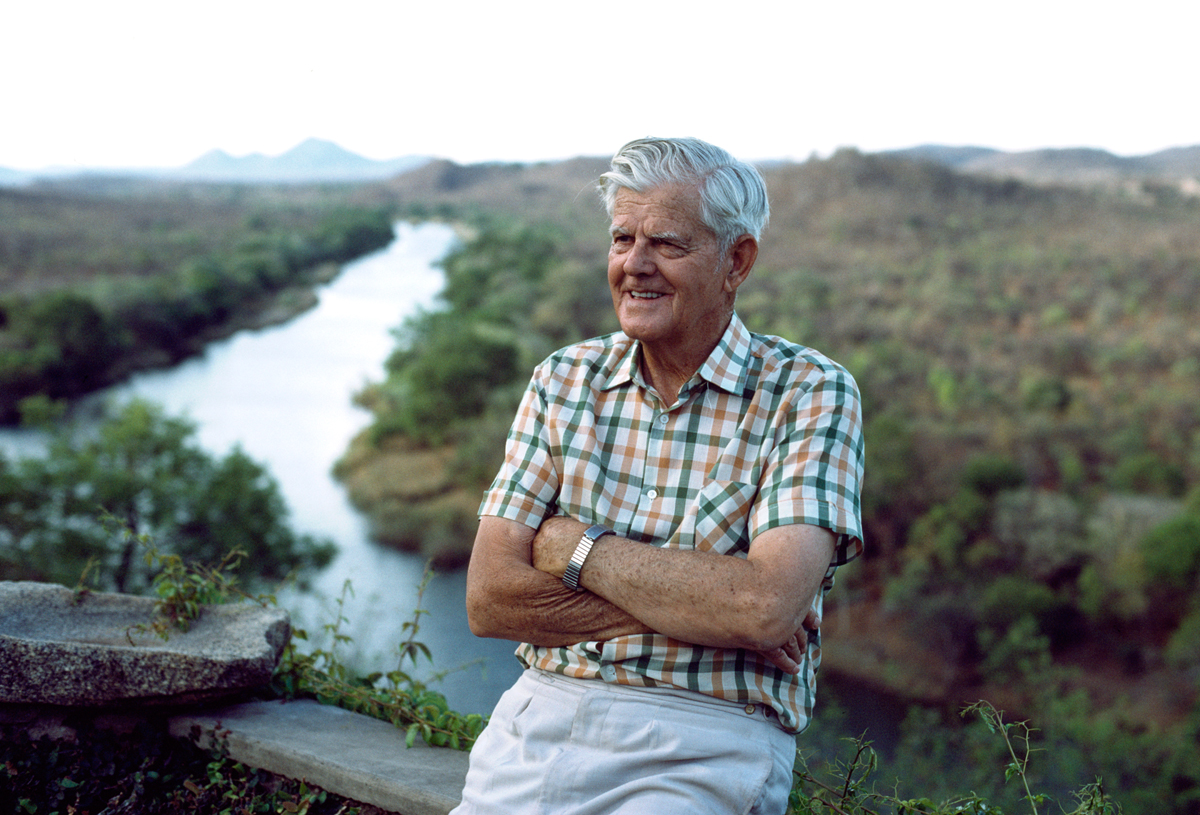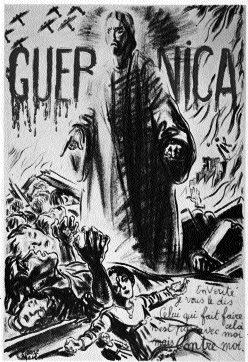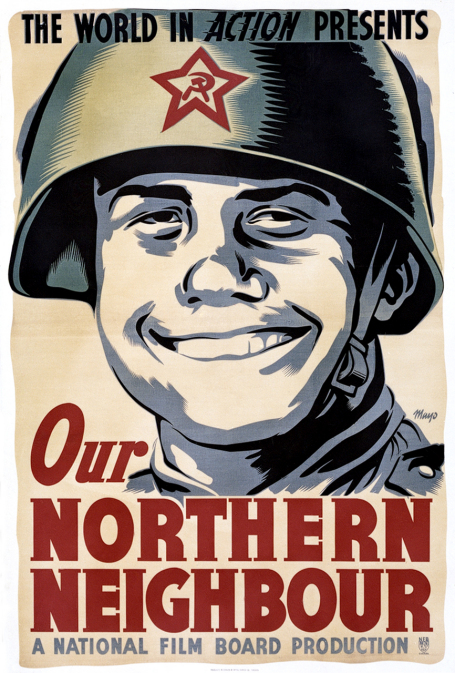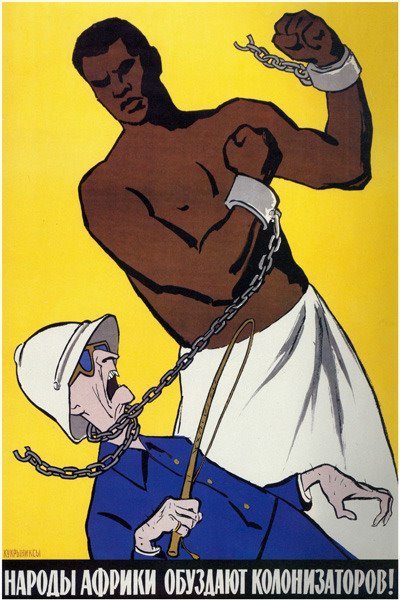wow nice, race-realist(not racist), white proud, rhodesia against cultural marxism, the history untold washed away with leftist propaganda... i still remember the pic that showed rhodesian troops fighting marxist guerillas side by side.
>inb4 fascist
You pretty much speeded on the events, hope you can cope with international united front against you.
btw, you have swastika on one of the pics.
I am aware of the swastika, is that a problem? It has a dagger through it completed with the words "The only good fascist is a dead one". Honestly, I don't understand the current trend to censor, blot out or 'remove' items which may cause controversy. The image was used with the expressed intent to portray anti-Nazi sentiment existing within the population of Rhodesia - contrasting with that of South Africa which were sympathetic to the National Socialists in both the game and in historical reality.
Yes, it is. The problem is not that the swastika promotes Nazism, but that it's there at all. It is because Germany is unable to cope with its Nazi history and has thus ordered all swastikas to be banned - and since Germany is Europe's economic superpower, it has great sway even on the Internet, and thus Paradox is forced to ban the swastika to improve its sales. That's capitalism for you! Of course, it's not a great policy, not that I overly care for the Nazis - they wouldn't give us any free speech - but as Rosa Luxemburg said: "Freedom is always freedom for the man who thinks differently."
Lolol.
Should I remove the images - I've noticed it is not just one offending article but two. I find that annoying, why deny it? It's stupid. Anyway, this isn't going to settle anything. For the record I planned to modify the game so as to allow Sir Garfield Todd to be my Head of Government (Predominantly Social Liberal government) whilst Sir Evelyn Baring (Social Conservative) or Sir Campbell Tait (Social Democrat) occupy position as Head of State acting as Governor Generals.. Only problem is I don't know how to create new ministers or techteams. I would appreciate knowing how as I've managed to get Rhodesia's IC to 23, I found out I can get Roy Welensky if I turn the country's ideology to Paternal Autocrat..
Regarding 'racial realism' and/or the racial issues confronted by Rhodesia I think it was terribly sad. As a student of History I wish Britain took more care in disestablishing its empire as its hasty partitioning cost the lives of millions of people within India/Pakistan but also numerous powderkegs for the future (Israel-Palestine, Rhodesia-Zimbabwe and Sudan to name but a few) In my AAR I plan to play as Rhodesia leading a fairly moderate/progressive government as this is what I would have done if I were a politician at the time. I would have introduced increased government spending within education and attempted to secure the African's hearts and minds behind the established nation of Rhodesia, thereby denying Mugabe's gooks the ability to present themselves as the oppressed.
I don't consider myself a white supremacist and I think it was highly unfortunate that European rule within Sub-Saharan Africa was so divisive. As a person I looked to Garfield Todd within the conflict as the man providing rational and sane politics in a society bitterly divided between black/white and the inevitable wealth disparity which follows.
Sir Garfield Todd was put under house arrest by the Smith government post '65 numerous times. During the Chimurenga not a single cow on his farm was killed or wounded by the guerrillas engaged in armed struggle against the white-minority government. In his farewell speech he said "We must make it possible for every individual to lead the good life, to win a place in the sun. We are in danger of becoming a race of fear-ridden neurotics – we who live in the finest country on Earth"
Back to the AAR!
On December 29th 1941 Rhodesia entered into a non-aggression pact with its powerful and worryingly neutral neighbour of South Africa. When war was declared by the home country, South Africa shamefully left the alliance before and remained neutral. To safeguard Rhodesian interests, Huggins wanted formal acknowledgement that the Boer community of South Africa would not seek to annex the predominantly Anglo-Saxon colony of Rhodesia.
Signing the pact made many Rhodesians comfortable, however for those cynics who had paid attention to detail concerning events which transpired on the continent the treaty did not satisfy their concerns.
The techteams of Rhodesian African Rifles busily prepare themselves in researching pre-planned defence doctrine, allowing for the Rhodesian army to operate with greater efficiency on the African plains. This technology will be of greater use considering the Italians have now entered the war against the Allied Powers.
Cartoon from the Rhodesian herald presenting the daunting task of the Africa's commitment to liberate Europe
By early 1942 the liberation of Europe seemed well underway. Brittany had been captured by the British as had the Lowlands of Holland, Belgium and Luxembourg. Operations conducted in Norway seemed to suggest change in fortune for the Axis powers - however, Italy decided to enter the war on Hitler's side. Meanwhile in the East, the tide of the conflict against Japan was proceeding differently:
While it was true that Britain had captured the Southern section of the Sakharin Island, Chiang Kai-Shek's China was literally being split in two by vicious Japanese assaults on the Chinese mainland. Meanwhile, Japanese infantry units threaten the British Raj enough to allow for joint military excursions into Thailand and the Japanese-administered French Indochina. The Australian government watches on in terror as the Japanese gobble up the Philippines and threaten Oz itself
Cartoon from a newspaper displaying the Japanese as brutal monsters bereft of European nobility
By March 13th 1942, Britain had restored Norway into the Allies. However, with little IC and no independent troops to defend and consolidate its newly liberated territory observers were skeptical about how the country was to defend itself from renewed military assaults by the Wehrmacht..
Meanwhile, in the Pacific the worst was beginning to develop. Japan had successfully annexed the Philippines, this sent shockwaves throughout the Empire and also the Americas. The nations of Brazil, Mexico and Venezuela began to think they might well be next on Japan's invasion list.
In Salisbury, upgrades on Rhodesia's mountain division was a success. Whilst still outmoded, by 2 years, the equipment was of better use than that of the late inter-war period.
The Rhodesian Expeditionary Force after serving with the British in wrestling control of Abyssinia managed to acquire a well earned rest in Cairo. A pamphlet illustrated the appeals of the place for single Rhodesian servicemen:
New technology became available with the latest heavy tanks capable of rolling out of Salisbury's factories.
On the continent, the British puppet regime of Republican Spain underwent a second bombing campaign and infantry incursion in Guernica:
The Rhodesian herald reporter based in Madrid covered the story, completed with the cartoon showing Christ looking down to the Spanish women and children suffering at the hands of the Axis powers for a second time:
In Africa, Egypt negotiated a new trade deal between itself and Rhodesia. Wishing to transfer supplies in return for energy. Without hesitation Sir Evelyn Baring signed the contract, if nothing else the conflict had brought about closer links with Rhodesia's African neighbours as well as a slight mistrust as to the nature and intention of Britain's policy regarding the continent in the post-War world.
In a move both Godfrey Huggins and Evelyn Baring thought was a stroke of madness, Britain granted independence to the Netherlands - despite that its few holdings within Europe was precarious and extremely loose. Without decisive American military assistance, it looks like Britain will have to commit to a rerun of Dunkirk:
The Netherlands was under attack during the hours its government was reimposed by Britain
The view of the continent in mid June, '42:
Spain suffers under German assault and invasion, while the Greeks with the assistance of the Italians and Germans push out the British. The Allies foothold in France becomes simply small areas of Brittany and the newly liberated Netherlands. Meanwhile the Reds continue their bitter defence of the USSR Communist project - The Rhodesians may find it difficult to accept but the future of the modern world appears to be playing out and decided upon within the foothills of the Russian steppes.
In some parts of Bulawayo, traditionally the more Leftist area of Rhodesia cartoons and articles acknowledged the gravity of the situation and began publishing much more sympathetic reviews and journals concerning the otherwise disliked, feared and mistrusted Soviet Union:
Rhodesia's economy was roaring, its focus was primarily concerned with building the necessary military capability to both defend the countries national territories as well as make meaningful contribution to the Allied war effort. So far Rhodesia had seen little action except with that of Portugal and Chief of Staff Philip Carrington was determined his men would see contact with the enemy and engage in assisting the quelling of Fascism and potentially a third war against the evils of communism:
Development of Rhodesia's industrial core whilst also acknowledging the need for fighting men was the double issue confronted by Stanley and Huggins
New technology graced the military enabling maximum efficiency.
In Finland, it was reported that high levels of dissent were present among the Finnish population after only 1 year of communist rule by the Soviet imposed Finnish 'Democratic' Republic. Horror stories began to flood into Western allied war offices claiming systematic theft of bourgeois property and the liquidation of the so called 'kulak' class. Finland had only proclaimed its independence from Russian rule in December 1917, it seems the Finnish people were ready to fight for their freedom again. The only question which remained within Sir Evelyn's mind was would the Finnish people fight with or against German Hitlerism?
Propaganda such as the one produced here increasingly threw the USSR into bad light, despite the supposed 'United Front' against fascism. Such cartoons inevitably deteriorated Rhodesian-Russian relations
Finland's guerrilla resistance to Soviet domination did not escape the attention of the Rhodesian press
Grim news arose from the Western front. The Vichy government permitted to exist in order to save France a loss of face from its 1941 defeat to Germany officially came to an end and was formally annexed into the Third Reich:
Meanwhile new technology became freshly available out of the scientists labs.
More of this AAR coming soon!
